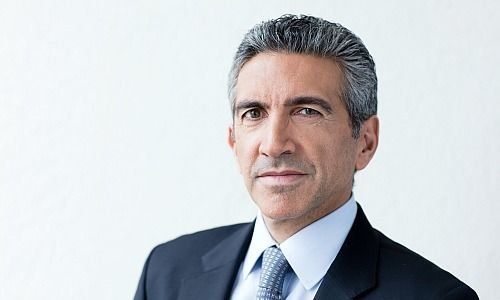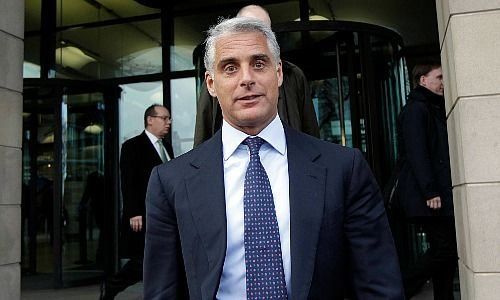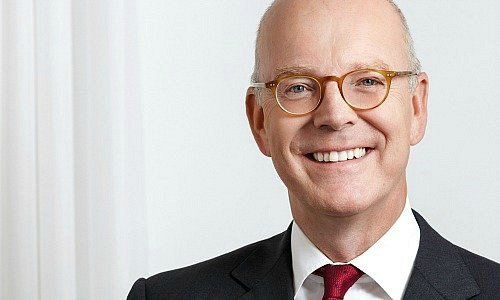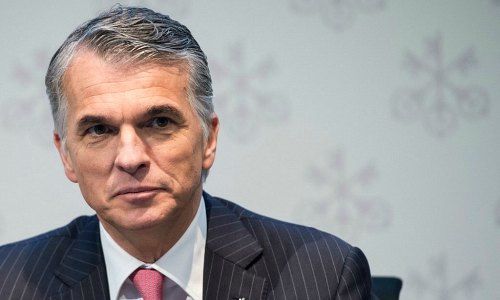Paul Raphael

The head of UBS' private bank in Europe and emerging markets has a multi-facetted profile which sets him apart from other wealth management executives: he's worked in London, Hong Kong and Latin America in key leadership roles, and has investment banking experience.
He's also a familiar face on the Swiss banking scene: before he joined UBS seven years ago, he led Credit Suisse's investment bank in Asia Pacific. The 54-year-old British-Lebanese dual citizen is culturally versatile: besides English, he speaks Arabic, French, Spanish and Portuguese.
While Raphael is widely respected within the Swiss bank, his isn't as much of a consummate UBS insider as some of the more obvious candidates. Raphael is also currently one management rank lower than those seen as other internal candidates, making him an unlikely bet.
finews.com CEO forecast: 30 percent probability
Andrea Orcel

(Picture: Keystone)
«Of course I do,» the investment banker unabashedly told the «Financial Times» (behind paywall) two years ago when asked if he eventually wants to run a bank himself. The 53-year-old star Italian banker has successfully run UBS' securities unit since 2012, and is respected in the European banking industry. The longtime Merrill Lynch banker with previous stints at Goldman Sachs and Boston Consulting and a degree in business looks at first glance, like Zeltner, to be predestined for the CEO job.
However, a top investment banker at an institute which has pinned its strategy squarely on private banking is unlikely to win the top job. His cultural background – lack of Swiss passport and German language – will make it difficult to compete against Swiss or German rivals, and it is doubtful, despite what Orcel told the «FT» that the cosmopolitan investment banker would leave London for Zurich.
finews.com forecast: 20 percent probability
Martin Blessing

The former Commerzbank boss accepted an unusual challenge as successor to Lukas Gaehwiler, who left an immaculately-run shop. And Blessing, the latest in a string of high-profile German hires at the Swiss bank, isn't to the taste of certain populists in the financial center.
The spiteful and broad-sweeping criticism is unfounded: Blessing has proven that he can run a major firm. And blaming him for all Commerzbank's woes in recent years would be short-sighted: several unprofitable deals were arranged by the Frankfurt-based bank's predecessor. In short, the down-to-earth and personable banker from northern Germany is a viable candidate to inherit Ermotti's job, provided he proves himself in the Swiss role.
The only question with Blessing's candidacy would be, as with Naratil (see previous page), who would take the chairman's job, currently held by former European central banker Axel Weber? Having two Germans atop Switzerland's largest bank would likely be too thorny of a cultural issue.
finews.com forecast: 60 percent probability
- << Back
- Page 2 of 2



































